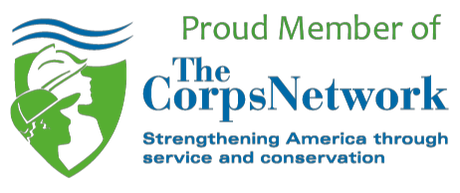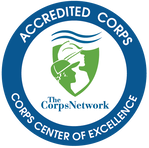|
G.E.M. Environmental has been awarded a grant by the Environmental and Sustainability fund, a component of the Arizona Community Foundation.
“In the short time that we’ve launched the Field Experience Program, we’ve already received tremendous support by the community,” Eric M. Welsh, GEM’s Executive Director said. “The grant from the Arizona Community Foundation will give us additional resources to offer hands-on science education for underserved college students in Yavapai County. The program will continue to expand its engaging activities, including field trips where students apply their knowledge, broaden perspectives on conservation, and gain insight into managing public lands.” G.E.M. Environmental was founded in 2017 and offers STEM scholarships to undergraduate and graduate students, paid internships, community volunteer days, educational programs, regular blog series, and more. They have a partnership with Yavapai College and Drake Cement Mine, among other institutions in Arizona and New Mexico. GEM has successfully raised over $5K in conjunction with Arizona Gives Day, won an Arizona Gives Day incentive prize for the most dollars raised within 24 hours for a micro non-profit, and raised over $2K for Giving Tuesday to support the Field Experience Program. Established in 1978, the Arizona Community Foundation is a statewide family of charitable funds supported by thousands of Arizonans. More information is available at www.azfoundation.org. Check out our latest trailer, which showcases the impact of our geoscience Field Experience Program and the GEM team. We hope you like it. :)
Please don't forget to subscribe to our YouTube channel. #geoscience #geology #fieldworkprogram #stemeducation #stemprograms GEM, in partnership with Yavapai College, is happy to announce that the first semester of our Field Experience Program has successfully concluded! The program exemplifies our mission that science is for everyone, working with these goals in mind:
What's Involved? The program began with a series of lectures in Dr. Beth Boyd’s Environmental Geology (GLG110) and Historical Geology (GLG102) courses. Lectures were given by local professors and STEM graduate students, who visited these classrooms bi-weekly to offer engaging scientific curriculum in a variety of areas including geography, seismology, mineralogy, and more—helping students explore the relationship of these disciplines and how they relate to their everyday lives. Additionally, a field trip was taken to the Drake Cement Mine in Paulden, AZ on April 12. The active-learning field trip gave students an opportunity to spend extended time contemplating ideas encountered in the classroom during the semester, and learning about potential career opportunities in their fields of interest.
Who's Participating? As of spring 2019, we’ve conducted preliminary surveys detailing participant demographics, which are as follows: -49% are low-income students (under $10K/yr) -86% have never participated in an internship or applied learning project -29% are first generation students -32% don’t feel confident or prepared to pursue their educational goals -40% are female -49% are 18-20 -22% are undecided in their major -23% identify as non-Caucasian (Hispanic/Latino or Native American) What's Next? Our goal is to expand the program into two additional classrooms at Yavapai College, while offering two additional field trips during 2019. We are also currently working with Northpoint Expeditionary Learning Academy and Prescott College to offer the program to these schools by 2020. Overall, the total reach will impact up to 400 students from 2019-2020. Sign up for our newsletter for updates. How Can I Help? GEM is supported by grants and donations. If you'd like to make a monetary donation, click here. We also have a Wish List. GEM was invited to give a talk yesterday to a community of home schooled children, consisting of 26 families with 75 students who are currently studying rocks and minerals. Our Executive Director and Geologic Consultant, Eric Welsh, had the pleasure of talking about minerals, rocks, and why they are important to today's society. His presentation also included a show and tell of some of GEM's most interesting minerals, fossils, and rocks collected while doing fieldwork.
This event is part of our Field Experience Program. Learn more about it here. Thank you Kimberly Sapko for inviting GEM. We had a great time! Our second series of lectures is underway at Yavapai College as part of our Field Experience Program. This program offers hands-on science education for underserved college students by providing engaging activities, including field trips where students apply their knowledge, broaden perspectives on conservation, and gain insight into managing public lands. Scroll down to learn more about our latest lecturers and the exciting topics covered in Dr. Boyd's Geology 102 and 110 courses. Annette Sunda (Geology 102): Annette is a Graduate Student in Computer Science at Regis University. She is also a former GEM scholarship recipient. You can read her Scholarship Success Story here. Annette's lecture started with her experience in various internships which led her to her current research. She spoke about sediment transport along southern California beaches and how that is correlated to beach shape and beach shape is correlated to biodiversity richness along the beach. A brief history of research related to sediment transport on Mars was given, as well as a quick bit of background on what analogs are and why she uses them. Annette also shared her current research project and encouraged the group to apply for any internship opportunities they can find. Sarah Robinson (Geology 110): Sarah is a PhD candidate in Geophysics at NAU and the Education and Outreach Program Manager for the EarthScope National Office.
Sarah discussed her current research in geophysics and how it allows us to use seismic data to image deep inside the Earth, similar to a CAT scan of our bodies. This data can provide insights into earthquake and volcanic hazards and help us understand more about plate tectonics. Sarah's research has aided in providing a better understanding of seismic hazards and the earthquake cycle, as well as understanding a special type of subduction zone known as "flat-slab subduction". The next series of lecturers is scheduled for April, followed by a field trip to Drake Cement Mine this summer. ~~~ In case you missed it, we are holding a fundraiser to support this program on Sunday, March 31st in Prescott. Details can be found here. We hope you can make it. Did you know that our Field Experience Program allows students to apply knowledge from the classroom on-site at the Drake Mine? Watch our Field Experience Program trailer to learn more about this program. We are a 501(c) 3 nonprofit supported by grants and donations. You can help fund our educational programs, including programs like this one by making an online donation today. A great big THANK YOU to Danny Foley who gave a field science lecture at Northpoint Expeditionary Learning Academy in Prescott earlier this week. This lecture marks the first of many planned in G.E.M. Environmental's Field Experience program, which will run at several local colleges and high schools in the area. About Danny Danny has a B.S. and M.S. in Geological Sciences from ASU. In his undergraduate experience he worked in planetary geology research as a NASA Space Grant Intern and was a member of the Mars Exploration Rovers science team. His masters Thesis work focused on the Geology of the Transanarctic Mountains in Antarctica. Danny is currently a graduate student in Applied Geospatial Sciences at NAU and a USGS student contractor working in geography. His research interests include utilizing Geographic Information Systems, geospatial technology, and remote sensing to solve problems in Earth science and sustainability. Prior to the USGS he worked as a Research Analyst in mission operations for the NASA Lunar Reconnaissance Orbiter Camera at ASU and was an Earth and Space Science Instructor at Mesa Community College and Grand Canyon University. Danny is currently working on a manuscript on crop water productivity aimed to help better understand modeling and mapping of global croplands for food and water security. About The Lecture For his lecture at Northpoint Expeditionary Learning Academy, Danny spoke about how to better understand Crop Water Productivity (CWP) at various cropland sites across the globe utilizing Geographic Information Systems and Remote Sensing along with statically analysis and computer programming to integrate a wide range of geospatial data. Results will impact agricultural and environmental sustainability by producing more crop per drop. We're excited to kick off the Field Experience program and look forward to sharing more details in spring 2019!
Students participating in internship programs report a 53% direct job placement rate, while 90% of students participating in applied learning projects report working within their respective fields of study; however, many underserved students do not have the resources available to broaden their knowledge base outside of the classroom. We are working to help low-income, minority, first generation, and female science students to develop relationships with industry professionals, while providing unique opportunities for integrated learning and community engagement. Our scope of work has recently expanded into a partnership with Yavapai College and Prescott College.
Starting in spring 2019, a field experience program will be offered to select science classes at Yavapai College and Prescott College. The field experience will consist of environmental stewardship training in Arizona and New Mexico, where students will work side-by-side with professional scientists, including Federal and State agencies. Their work will range from GIS and data processing applications, GPS positioning, surveying, to maintenance checks to ensure safe access to public lands for wildlife and recreational visitors. In addition, a range of guest scientists will present their research, findings, and field work insights to these classrooms. Through this field experience, a wide range of STEM students from all backgrounds will be exposed to specialized field training, thereby increasing their chances of transitioning into industry careers. For more information, click here. |
Categories
All
Archives
June 2024
|
G.E.M. Environmental NFP
Geology - Engineering - Minerals - Environmental - Not for Profit
Geology - Engineering - Minerals - Environmental - Not for Profit
Community Partners
|
Programs
|
Get Involved
|
About
|
Follow Us
|
Sponsors & Donors
|
© COPYRIGHT 2017 - 2023. ALL RIGHTS RESERVED. G.E.M. Environmental NFP
GEM Environmental, GEM4STEM, GEM Corps, and Charity Rocks are all Registered Trademarks of G.E.M. Environmental NFP.
Any and all use of Trademarks or Copyrights must be authorized.
GEM Environmental, GEM4STEM, GEM Corps, and Charity Rocks are all Registered Trademarks of G.E.M. Environmental NFP.
Any and all use of Trademarks or Copyrights must be authorized.

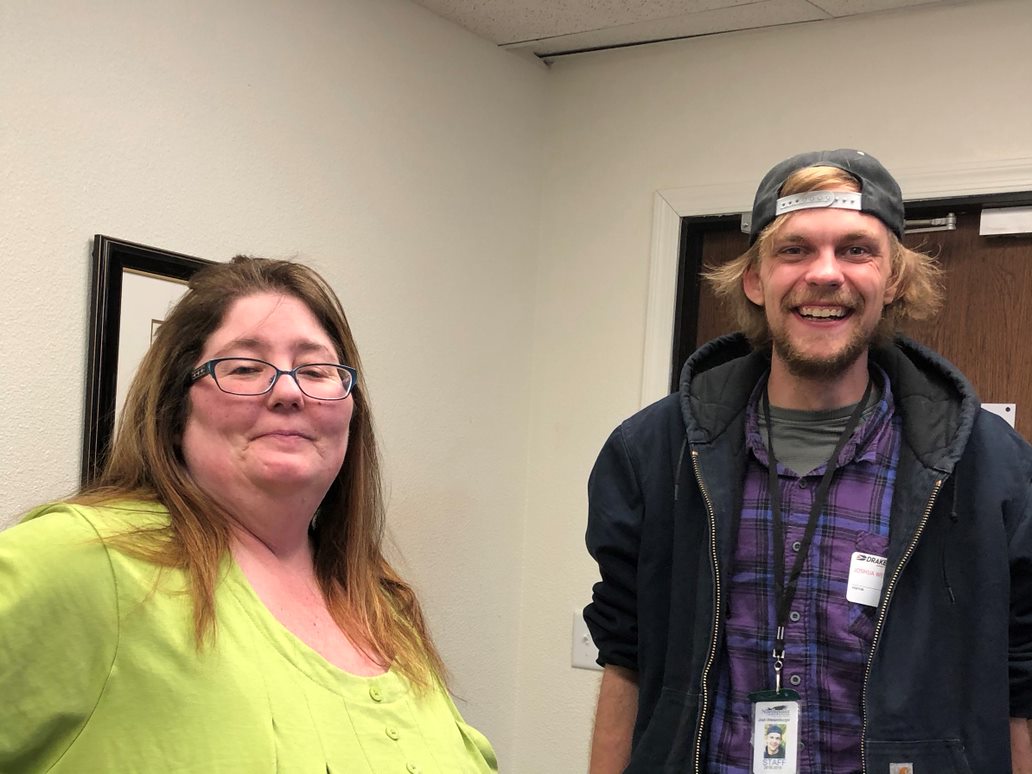


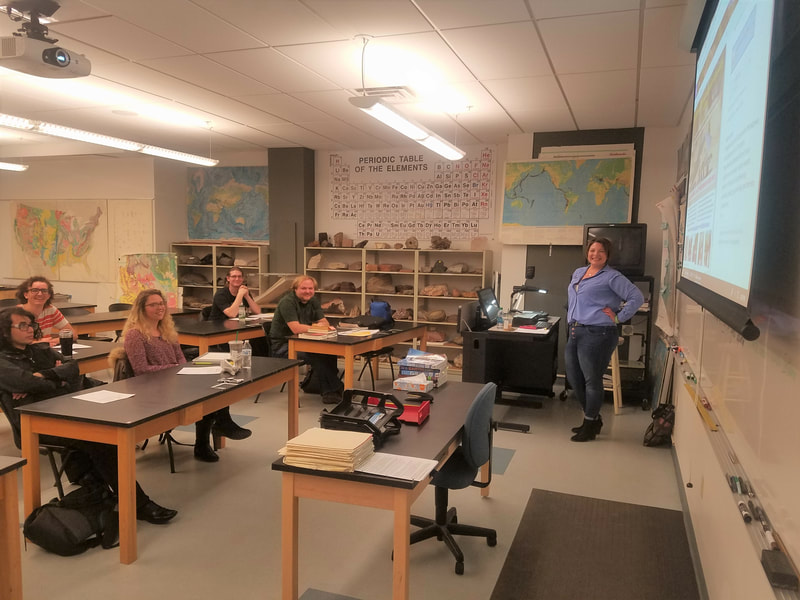
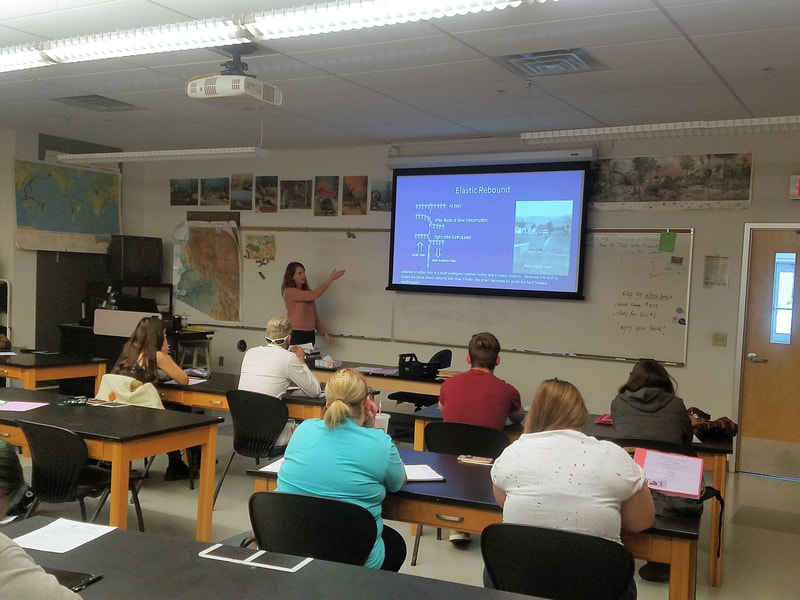
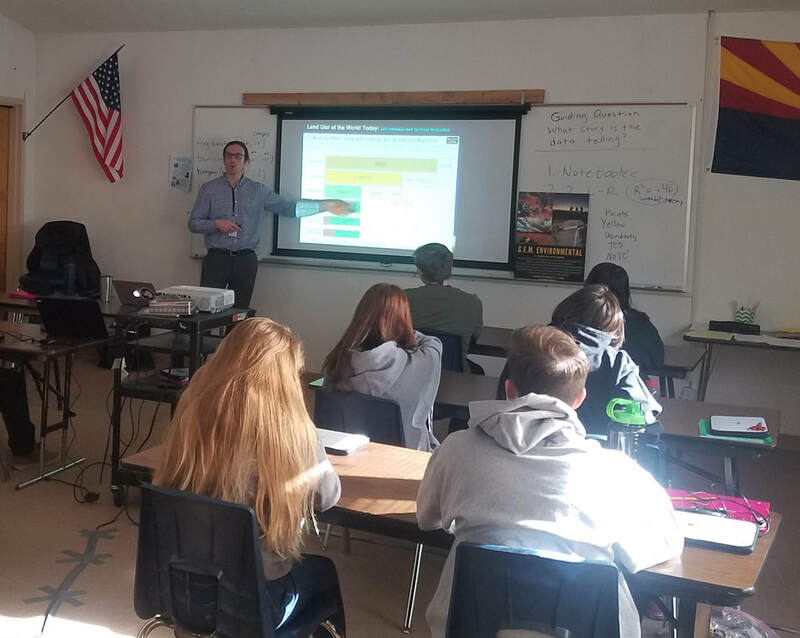







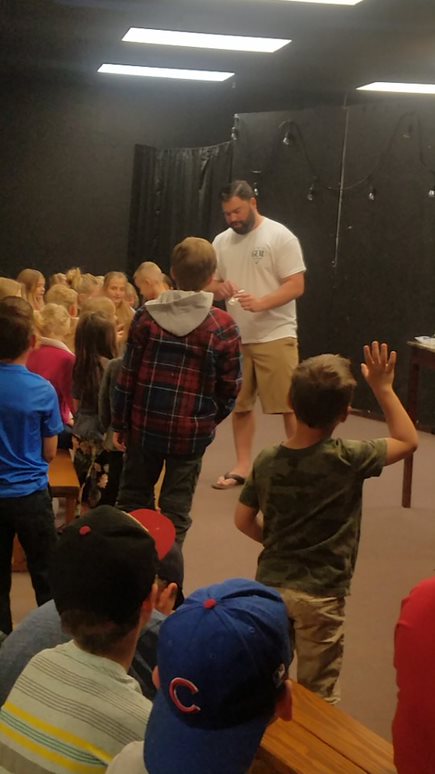
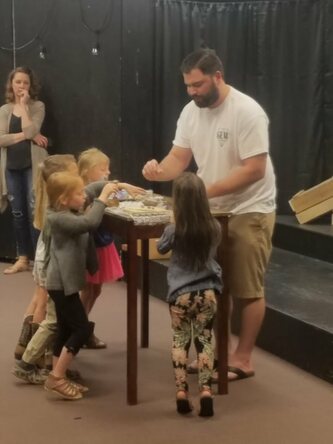
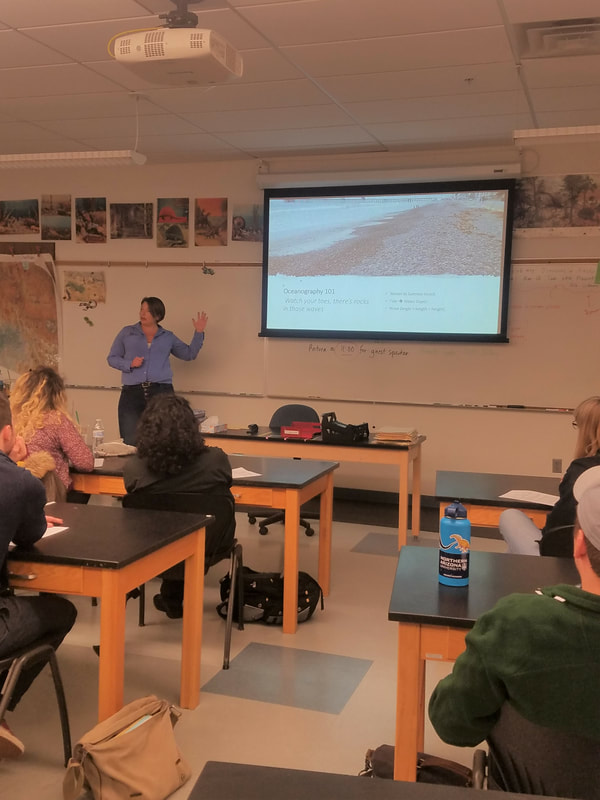
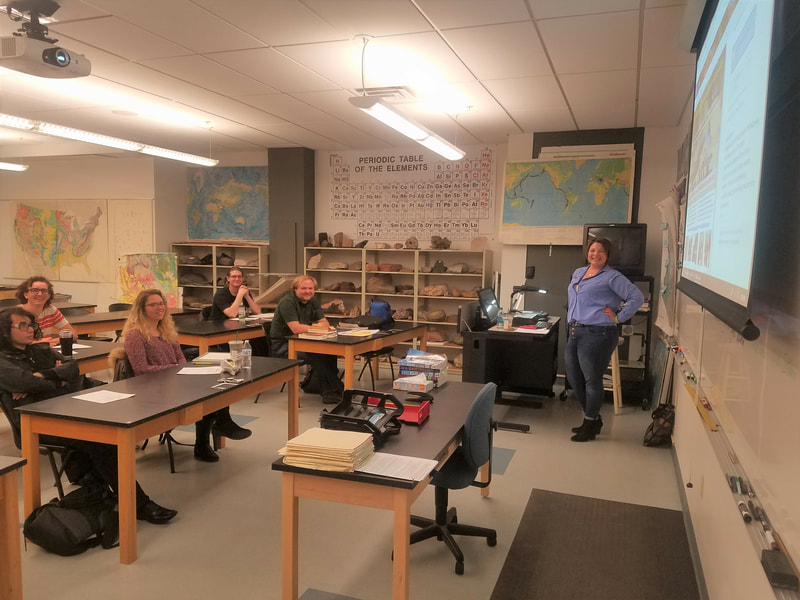
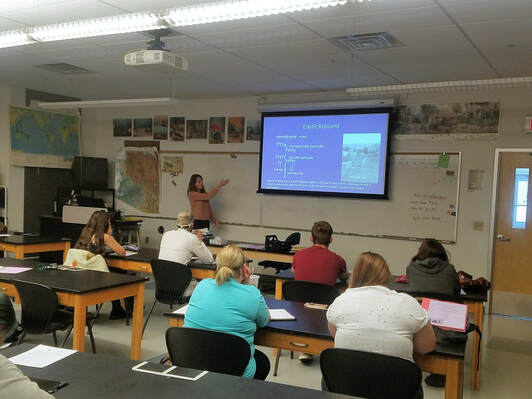
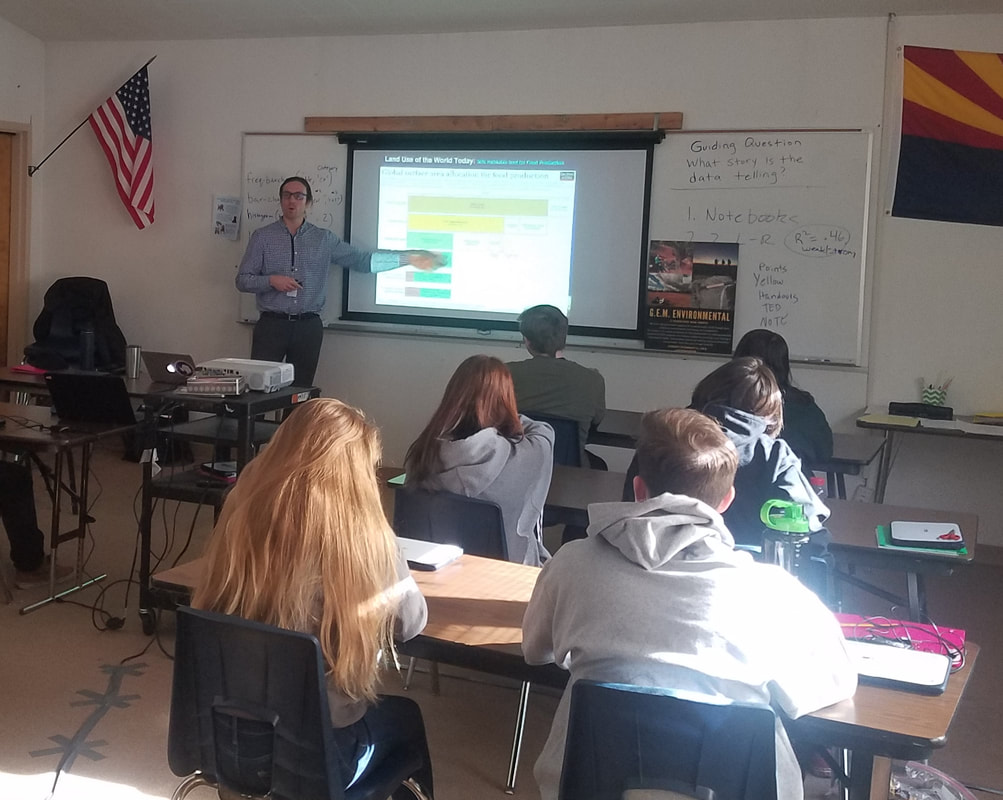
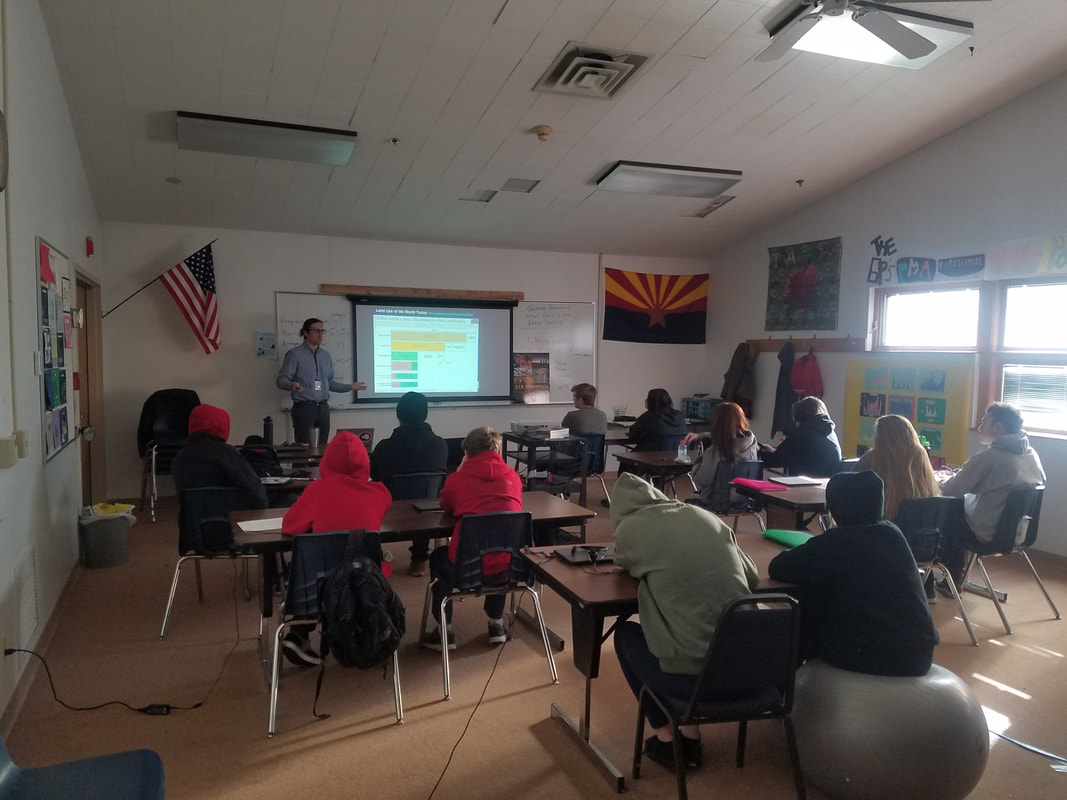
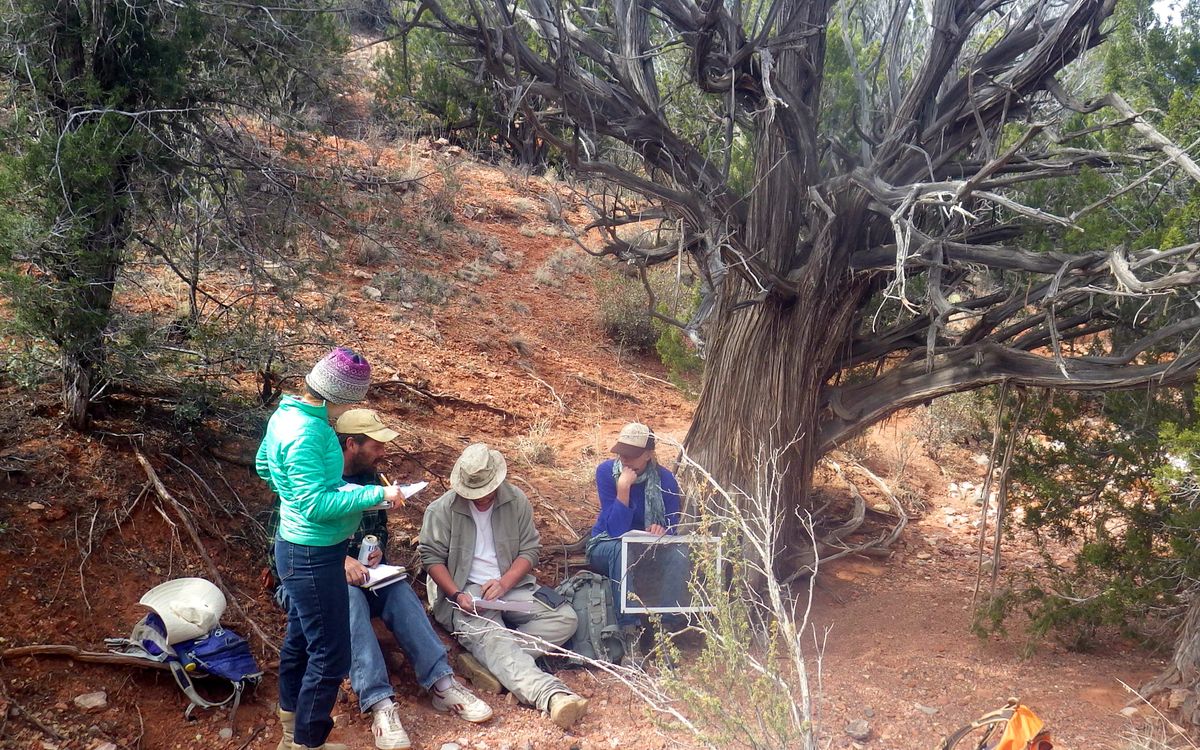
 RSS Feed
RSS Feed

